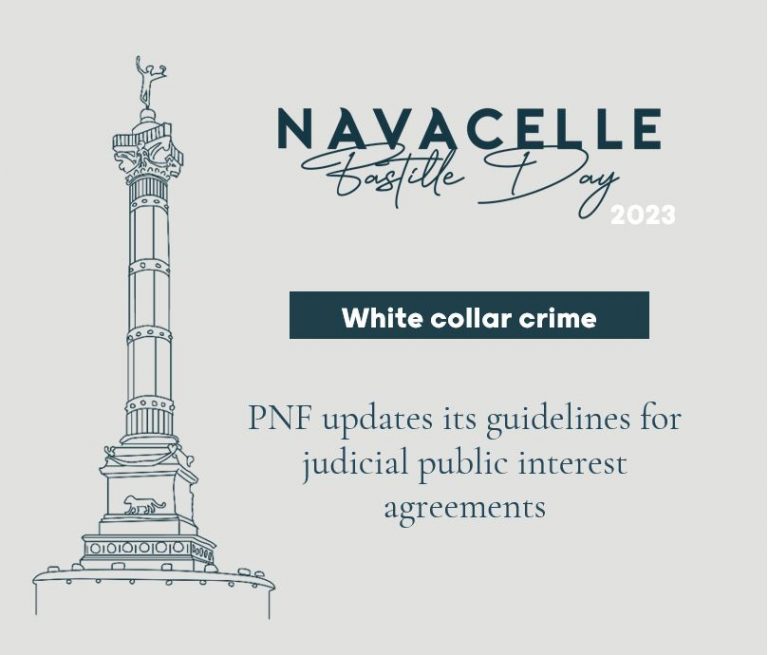On October 2018, the French National Financial Prosecutor’s Office (PNF) received a complaint describing the financial mechanisms known as CumCum and CumEx, described as dividend arbitrage fraud. The situation at stake was typically the following : a non-resident shareholder, liable for a 25% withholding tax (WHT) on dividends distributed by a French company, temporarily transfers its shares to a financial institution which is exempt from WHT. The institution returns the shares after the dividend detachment, in exchange for remuneration, enabling the foreign investor to avoid taxation.
These practices allegedly caused an estimated fiscal loss of €55 billion to European states between 2001 and 2017.
In 2020, the PNF sought clarification from the French tax authorities regarding ongoing audits. In November 2021, the DVNI (National and International Audit Directorate) acknowledged the existence of CumCum-related operations, notably involving Crédit Agricole CIB (CACIB). As part of a global settlement in 2021 and two reassessment proposals issued in 2025, CACIB paid €46 million to the French tax administration for fiscal years 2015, 2017, and 2019 to 2021.
Based on this information, in December 2021, the PNF referred the matter to the Judicial Financial Investigations Department (SEJF, now ONAF), opening a preliminary investigation for aggravated money laundering of aggravated tax fraud. CACIB adopted a cooperative approach, launching an internal investigation supervised by external counsel and its General Inspection division. The findings were shared with the prosecutor in September 2025.
The investigation confirmed that CumCum transactions were widely used on trading floors, particularly within the teams specializing in derivatives and equity financing. While most of the “Equity Finance” desk’s intermediation activities addressed legitimate hedging and financing needs, certain transactions were clearly structured as dividend arbitrage. These were mainly identifiable by their “all-in” pricing, which demonstrated both the avoidance of WHT by non-residents and remuneration for the bank.
Nevertheless, no systematic client solicitation was established. Furthermore, following the introduction of new tax provisions in 2019 and subsequent tax audits, CACIB strengthened its internal compliance framework, which significantly curtailed such practices.
Judicial authorities, however, concluded that between 2013 and 2022 the bank had facilitated operations amounting to aggravated money laundering of aggravated tax fraud. Acknowledging the facts, though not admitting criminal liability, CACIB entered into a Convention judiciaire d’intérêt public (CJIP – Judicial Public Interest Agreement). This mechanism allows a legal entity to resolve criminal proceedings by paying a public interest fine without incurring a conviction or a declaration of guilt.
Under CJIP, CACIB agreed to pay €88.25 million, broken down as follows:
- €49.03 million corresponding to the revenues generated by the disputed transactions.
- €39.22 million as a punitive sanction.
The PNF emphasized the bank’s active cooperation and the corrective measures implemented to strengthen controls over securities lending and borrowing activities. CJIP specifies that the agreement does not amount to a criminal conviction and carries no admission of guilt on the part of CACIB.




